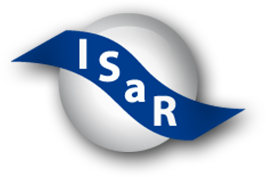Understanding teachers’ attitudes and self-efficacy in inclusive education: implications for pre-service and in-service teacher education
empfehlen| Titel: | Understanding teachers’ attitudes and self-efficacy in inclusive education: implications for pre-service and in-service teacher education |
|---|---|
| Form: | Aufsatz / Artikel |
| Autor(en): | Mirna Nel,Petra Engelbrecht,Hannu Savolainen,Olli-Pekka Malinen |
| Jahr: | 2012 |
| Anzahl Seiten: | 18 |
| Veröffentlicht in: | European Journal of Special Needs Education, Jg. 27, Nr. 1 |
| Seite (von-bis): | 51-68 |
| Auszug: | Although there are clear differences in national policies regarding inclusive education, the international debate has not fully considered their impact on implementation within different countries, for example on teacher education. This paper reports on results from a comparative study of in-service teachers’ attitudes and self-efficacy in implementing inclusive practices in South Africa and Finland and its implications for teacher education in these countries. A sample of 319 South African and 822 Finnish primary and secondary education teachers completed a questionnaire containing a scale measuring sentiments, attitudes and concerns on inclusive education as well as a scale measuring teachers’ self-efficacy in implementing inclusive practices. A comparative analysis indicated that whereas the overall sentiments towards disabilities were positive in both countries, teachers had many concerns about the consequences of including children with disabilities in their classrooms. While the most positive aspect of self-efficacy among the South African teachers was their self-efficacy in managing behaviour, the Finnish teachers saw this as their weakest point. Self-efficacy, in particular efficacy in collaboration, was clearly related to overall attitudes towards inclusion. The implications of these findings for pre-service and in-service teacher education are discussed. |





